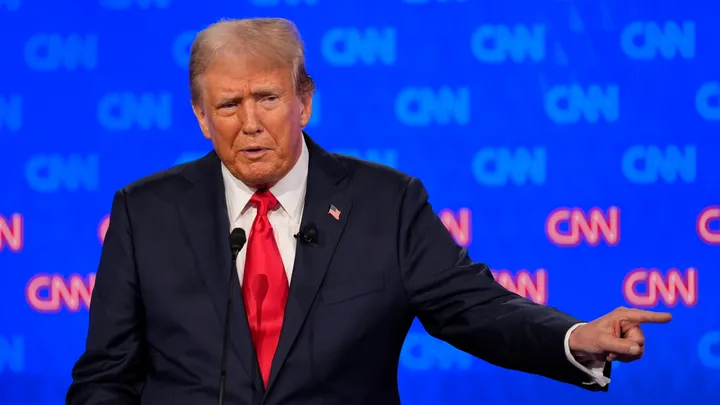Hong Kong has fallen into recession, hit by more than five months of anti-government protests that show no signs of relenting, and is unlikely to achieve any growth this year, the city's Financial Secretary said.
Black-clad and masked demonstrators set fire to shops and hurled petrol bombs at police in the Chinese-ruled city on Sunday. Police responded with tear gas, water cannon and rubber bullets.
"The blow to our economy is comprehensive," Paul Chan said in a blog post, adding that a preliminary estimate for third-quarter GDP on Thursday would show two successive quarters of contraction — the technical definition of a recession.
He also said it would be "extremely difficult" to achieve the government's pre-protest forecast of 0-1 percent annual economic growth.
The rallying cry of Sunday's protests was to fight perceived police brutality and defend Muslims and journalists. Police last weekend fired water cannon at a group of people standing outside a mosque and journalists have been wounded in the clashes.
The programming staff union of public broadcaster RTHK said on Monday it had called on police to identify officers who "attacked and ripped the face mask" off one of its journalists on Sunday. It said she was wearing a reflective vest clearly identifying herself as a journalist.
It was not immediately clear if she was wearing a gas mask to protect against tear gas and pepper spray. Ordinary face masks were banned this month under a resurrected colonial-era emergency law.
Hong Kong Free Press, an online news service, called for the release of a freelance photographer arrested on Sunday.
The city's Foreign Correspondents' Club condemned the arrest in a statement on Monday calling for an independent investigation into "police violence against journalists and interference with the media's right to cover the protests under Hong Kong law".
The police, who deny using excessive force in life-threatening situations were due to hold a news conference later on Monday.
Protesters have routinely torched storefronts and businesses including banks, particularly those owned by mainland Chinese companies and vandalised the city's MTR Corp metro which has shut down services to stop protesters gathering.
The MTR has closed early for the past few weeks and said it will again shit down two hours early on Monday to repair damage.
Protesters are angry about what they view as increasing interference by Beijing in Hong Kong, which returned to Chinese rule in 1997 under a "one country, two systems" formula intended to guarantee freedoms not seen on the mainland.
China denies meddling. It has accused foreign governments, including the United States and Britain, of stirring up trouble.
Tourists numbers have plummeted, with visitor numbers down nearly 50 percent in October, a decline Chan called an "emergency".
Retail operators, from prime shopping malls to family-run businesses have been forced to close for multiple days over the past few months.
While authorities have announced measures to support local small and medium seized enterprises, Chan said the measures could only "slightly reduce the pressure".
"Let citizens return to normal life, let industry and commerce operate normally, and create more space for rational dialogue," he wrote.
























